There is a new product that shows much promise in the quest to prove CABG is not the best treatment for CAD.
Of the major interventions performed for treating severe coronary heart disease in the United States, namely percutaneous coronary intervention (PCI or angioplasty) and coronary artery bypass graft (CABG) surgeries, more than one million procedures are performed annually and more than two-thirds of these are performed on men. While angioplasty and stenting or CABG surgeries can be used to mechanically open or surgically bypass blockages of the large epicardial blood vessels that surround the myocardium, neither angioplasty nor CABG are believed to be capable of also addressing blockages or flow limitations affecting the mid-sized to smaller blood vessels which are located deeper within the heart muscle. These deeper blood vessels, which form the underlying coronary "microcirculation," are directly responsible for conveying oxygenated blood into close proximity with the adjacent heart tissue. In addition, microcirculatory impedance or resistance to flow at the downstream level can contribute substantially to reducing overall blood flow through the myocardium - which may be a contributory cause of ischemia in patients with heart disease. In that regard, many patients continue to experience angina even after surgical and other interventions have been performed to mechanically open or bypass accessible portions of the large upstream blood vessels that initially conduct blood flow into the heart.
Cardiovascular disease is also becoming the number one health problem globally. According to the World Health Organization, by 2020 heart disease and stroke will be the leading causes of death and disability worldwide, with the number of fatalities projected to increase to more than 20 million per year. Additional information regarding heart disease in both men and women can be found in the publications of the American Heart Association, including Heart Disease and Stroke Statistics, and in the reports of the World Health Organization and its affiliates.
About Generx
Generx (alferminogene tadenovec) is the lead development product in a new class of cardiovascular biologics that is being developed to leverage the body's natural healing processes in response to repeated ischemic stress (insufficient blood flow and myocardial oxygen supply due to severe coronary artery disease). The natural biologic response to repeated transient ischemia is angiogenesis, the growth of new collateral blood vessels, which is orchestrated by a complex and incompletely understood cascade involving many myocardial-derived growth factors. These newly-formed vessels can effectively augment blood flow and oxygen delivery to parts of the patient's heart downstream from a blockage in a coronary artery. In many patients however, including those with recurrent angina, coronary collateral vessel formation is insufficient to meet the heart's needs during stress. Currently available anti-anginal drugs, which may provide temporary symptomatic relief, are generally designed to alter the oxygen demand of the heart muscle or dilate vessels to relieve angina without changing the underlying medical condition.
For more information, check out http://www.pharmalive.com/News/index.cfm?articleid=346686&categoryid=40







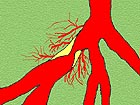
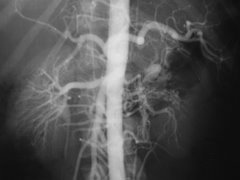
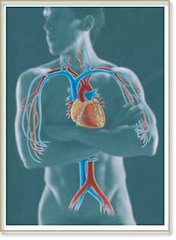
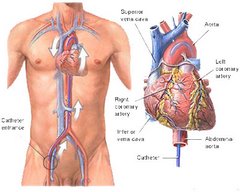
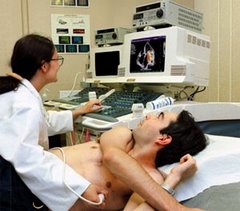
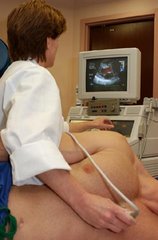
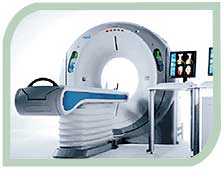
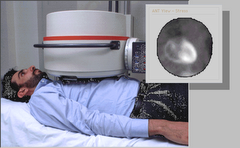
No comments:
Post a Comment